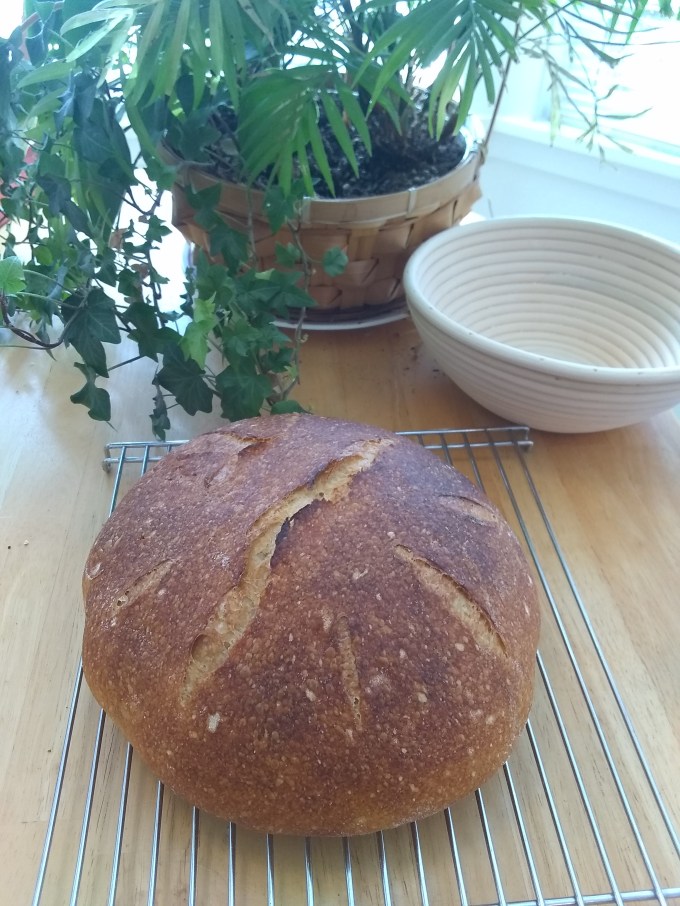Our faith is only as strong and effective as the roots that we mature to anchor it.
“But since they have no root, they last only a short time. When trouble or persecution comes because of the word, they quickly fall away.”
Matthew 13:21 (NIV)
As believers and followers of Christ, living in a topsy turvy almost near insane world, where values have fallen into the category of “anything goes” and common sense is no longer common, it is incumbent upon us, more than any time in our history, to really engage our God given mind with respect to our faith. To be relevant in today’s world, we must have an articulate understanding that supplies the “reasons” behind our faith. We must position ourselves to live beyond the popular notion that ours is based solely upon “blind faith.”
Jesus replied: “ ‘Love the Lord your God with all your heart and with all your soul and with all your mind
Matthew 22:37 (NIV)
Failure to do so leaves us lukewarm in the midst of the hottest contest in history. The contest I speak of isn’t for money, power, or glory, rather it’s about eternity for human souls. This is a battle that’s all to real, and I believe our complacency, our failure to internalize our faith, to anchor it with deep roots in the rich soil of scriptures, has left us wanting. Particularly when it comes to clearly articulating to others, why Jesus Christ is more relevant now than ever before.
Part of our inability to express our position and to stay relevant in the dialog of the world around us, is directly connected to our failures as individuals to invest in our understanding of what it is we believe and why. True, simple faith brings us to a very important first step, it leads us to an eternal relationship with Jesus Christ, but many of us stop there and never go beyond.
How then, can we as believers ever hope to be influencers of positive ideas when we don’t even understand what it is we believe or why we believe? For our faith to engage beyond the walls of our churches, it must translates itself into actions that can positively impact the world around us.
The scriptures call us to be “ambassadors for Christ.” Jesus told his disciples that when he left this world that they would do even greater things than he. But neither is possible if we as believers fail to grow roots. Another words, we need to deepen our faith, study and better understand the scriptures, internalizing why we believe what we believe. Only then can we hope to weather the storms that we face today followed by the winds of contrary ideas of tomorrow.
If you are not currently involved in a regular Bible study. If all you’re doing is attending a worship service on Sunday, then it’s time for you to put aside your excuses and to up your game.
Most churches offer small groups or Bible studies in addition to their regular services, but in my experience, the vast majority of members don’t participate. Don’t be one of those people and then complain that the rest of the world sees you as irrelevant. Let’s face it, the truth hurts. Without education, without engaging our minds, we are irrelevant to those around us.
Here’s some good news, you don’t have to intellectually conquer the world to be relevant and effective. God will do the heavy lifting and the Holy Spirit will do the job of convicting the heart of those we engage with. Our responsibility is for sharing the gospel, for being engaged in our world around us, for living out the values that please and honor God. Besides, a little gospel goes a long way.
It is like yeast that a woman took and mixed into about sixty pounds of flour until it worked all through the dough.”
Luke 13:21 (NIV)
There are no excuses for not engaging your mind. None.
Find a way to grow your roots. Be the tree that’s anchored in the cliff, a tree that’s around for a long time, a tree that’s respected for it’s quiet strength, it’s ability to become the defender and promoter of a positive message from God. At this point in history, we are but a “remnant” , but if we choose, we can be a powerful remnant.
Each of us can be a positive influencer in the circle of humanity that God brings our way. After all, we are charged with sharing the most important idea of all, the reality of eternal life through Jesus Christ.




